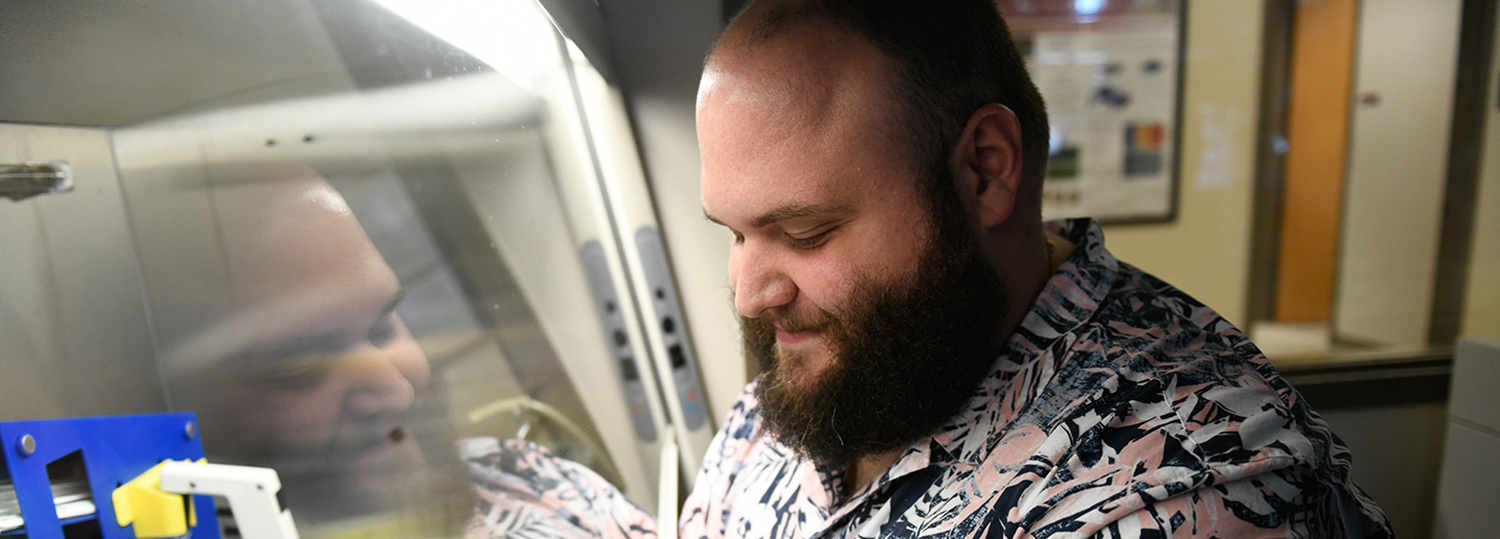This article was originally published here.
Michael Daniele, an assistant professor of electrical and computer engineering at NC State and in the Joint Department of Biomedical Engineering at UNC-Chapel Hill and NC State has been named as a recipient of the 2020 Outstanding Global Engagement Award by the NC State Office of Global Engagement.
The Outstanding Global Engagement Award encourages and recognizes outstanding accomplishment in globally engaged teaching, student support, research, extension, and/or engagement and economic development by faculty and non-faculty professionals of North Carolina State University. Nominees for this award should have made important international contributions in one or more of the following aspects of the university’s mission: Research and Discovery, Teaching and Learning, or Engagement, Extension and Economic Development with documented impacts and accomplishments.
Daniele has initiated, and mentored more than 25 students in SensUs international, extracurricular research program and competition which includes 14 teams from 5 continents. SensUs research has resulted in multiple peer-reviewed publications as well as increasing students’ global outlook on their field of study. In less than 5 years, Michael has already formed a network of collaborations with several research groups across the world and generated new and exciting educational opportunities for our students to engage in international experiences. Daniele’s own research efforts have led to international collaboration and engagement opportunities in Ireland, Japan, and Germany.
Daniele, who received his Ph.D. from Clemson University in 2012, joined the faculty at NC State in 2015, coming from the Naval Research Laboratory, where he has been the Jerome and Isabella Karle Distinguished Scholar and Staff Scientist. His primary area of interest is the broad application of soft nanomaterials to engineer devices which monitor, mimic or augment biological function. Specific topics of research include wearable and implantable biosensors, organ-on-a-chip models, and human-machine interfaces.

